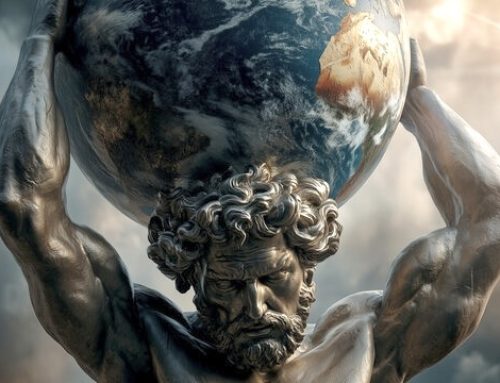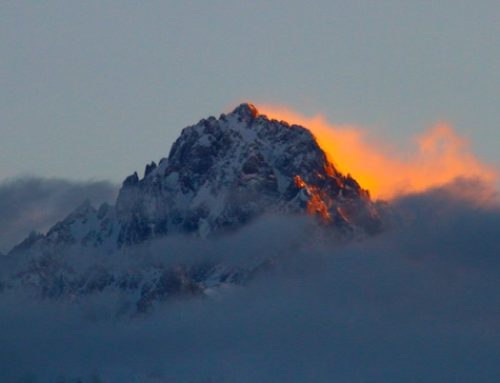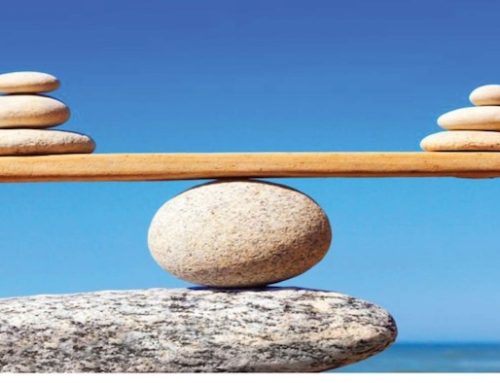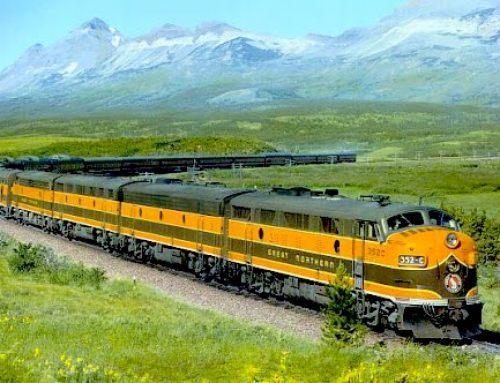There are certainly more questions than answers this morning after Trump’s stunning ascension to the presidency of the United States. I cannot recall a more troubling political outcome during my lifetime. As you know, I view Trump as an utter incompetent and vainglorious ogre. Trump has destroyed the Republican Party and has defeated the Democratic Party creating unprecedented political uncertainty in America and the world. The fundamentals of his support are, however, not surprising. The same yearning for change that swept Obama into the White House in 2008 gave us Trump today. The difference is Obama’s appeal was denominated in hope, while Trump’s is based in fear. When the voting data is analyzed I expect to see many Americans—especially white suburbanites and exurbanites—to have voted for Obama in 2008 and Trump in 2016. It seems weird, but it underscores just how fed up we all are with our political leaders and institutions.
In the short run, expect the uncertainty that swirls around a Trump presidency to produce a significant amount of economic, political and social stress. Trade, foreign policy, healthcare, the Supreme Court; there are many places to expect him to exercise his power in nefarious ways. But remember this, a president is deeply constrained by the institutions and markets that surround him and, in the case of Trump, by members of both parties who abhor him. And, America remains the most powerful and resilient nation in the world. We’ve had bad presidents before, but the creativity and perseverance of Americans has always survived.
In the long run, this may just accelerate the pathway I described earlier this year in my lecture, Is it Always this Weird? Trump’s missteps, which promise to be numerous, may actually cause Millennials (you) to get active and get organized, turning Trump’s “take our country back” slogan around to expel him in 2020. I still believe the cyclical trends I outlined in my lecture will hold; that we will evolve as a country from a “superpower” identity to one best described as “global stewards.” President Trump is a messy way to get there, but historical rhythms have a stubborn way of prevailing.
So, what to do? First, focus on your own physical, psychological, economic, and intellectual strength. Protect and strengthen those four cornerposts. Second, focus on the well being of your family and friends. Their welfare is your direct responsibility. Finally, get politically active and organized. Your generation has more voters today than mine. The reality, however, is that we vote and too many of your peers ignore this solemn duty. Do not allow my generation to continue to damage America. You have the power. Do not squander it through apathy or neglect. In the end, we all—individually and collectively—are responsible for Trump and what happens next.






